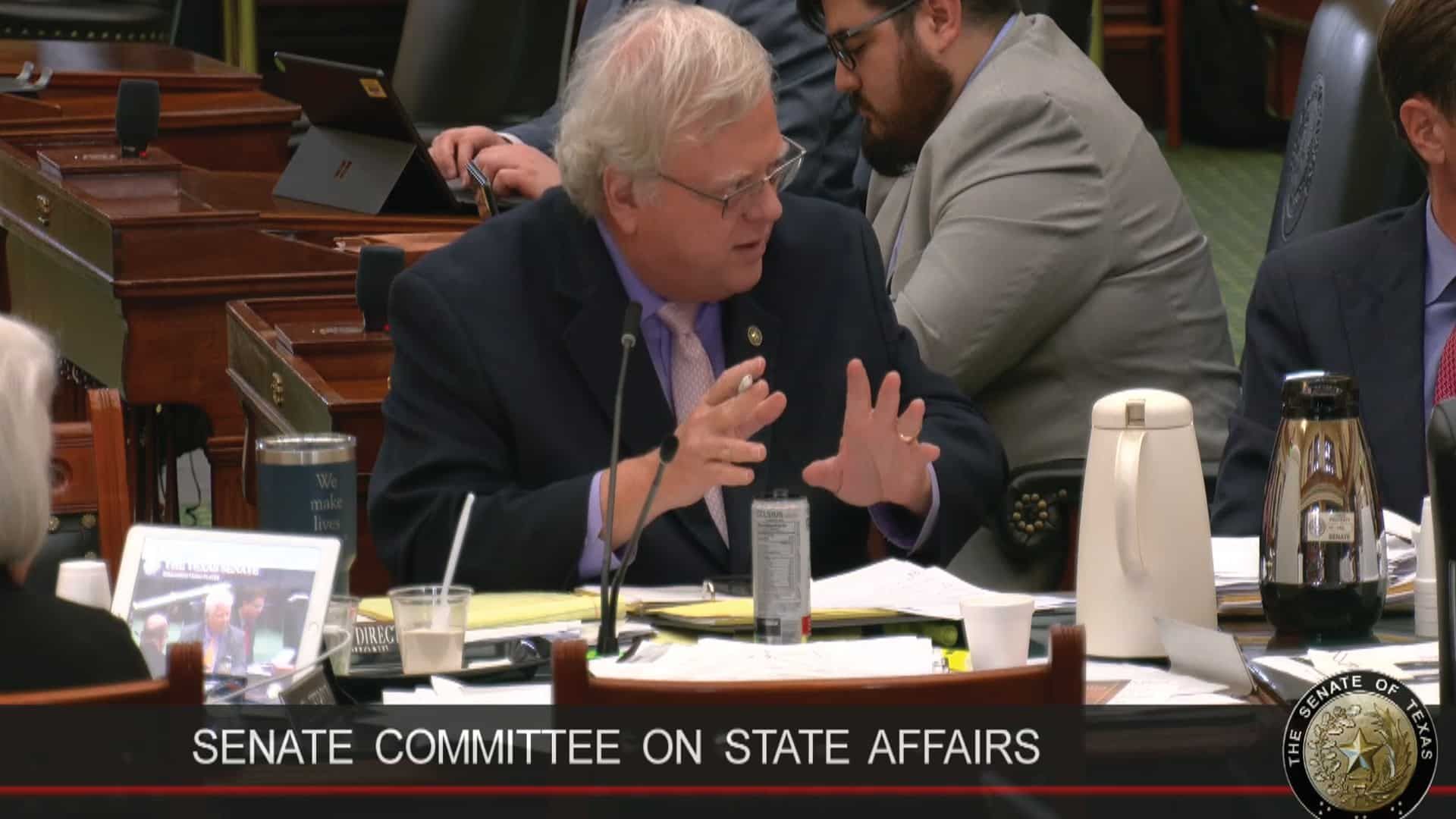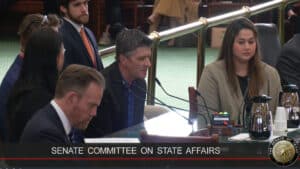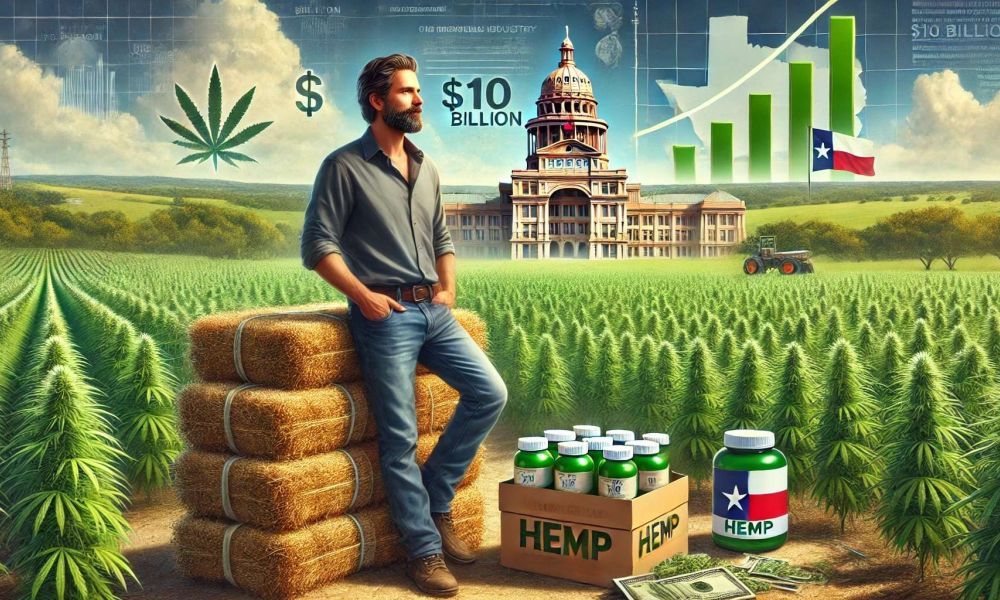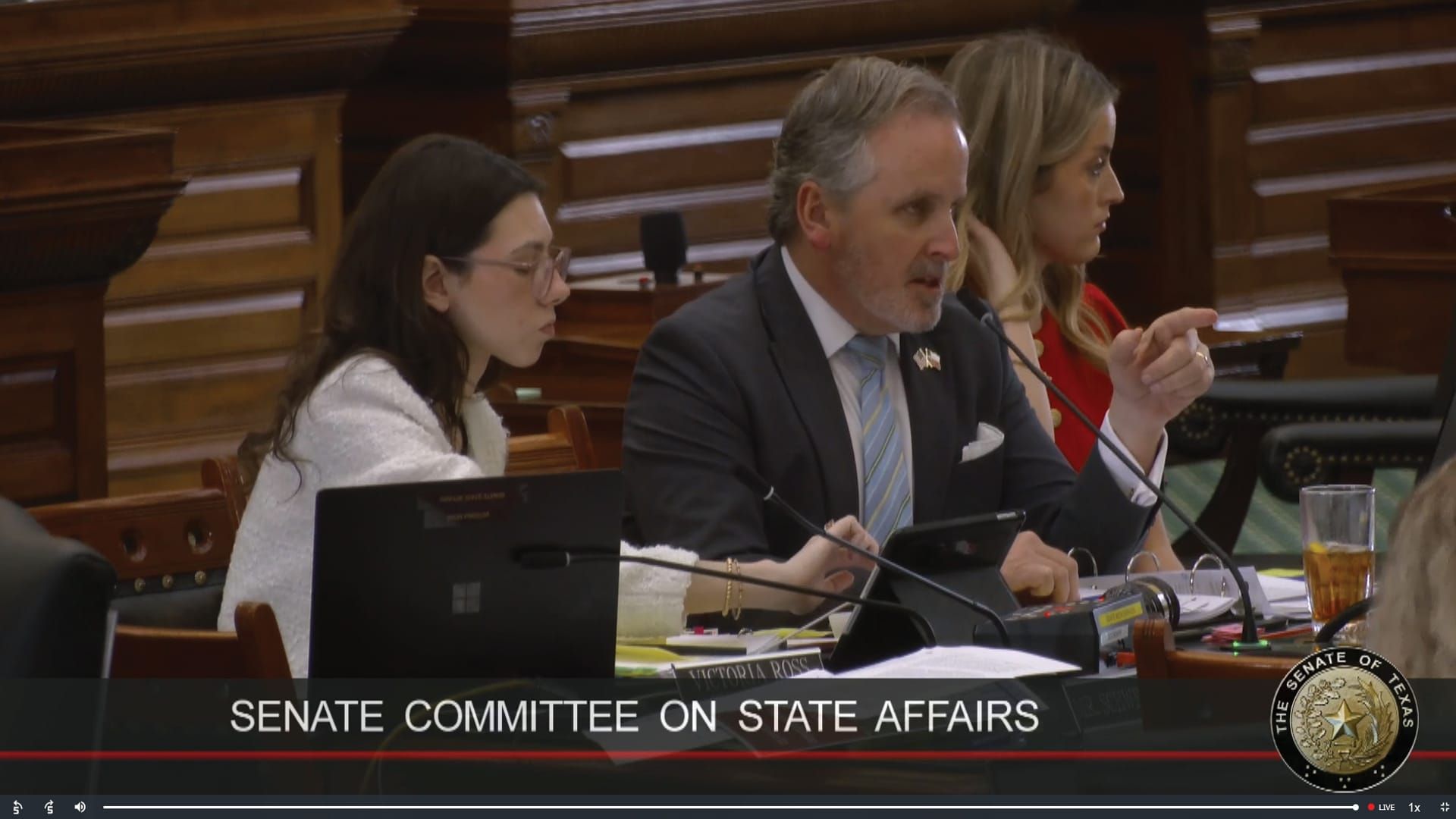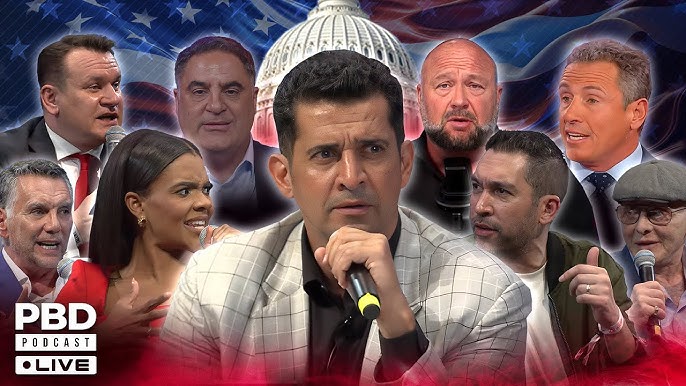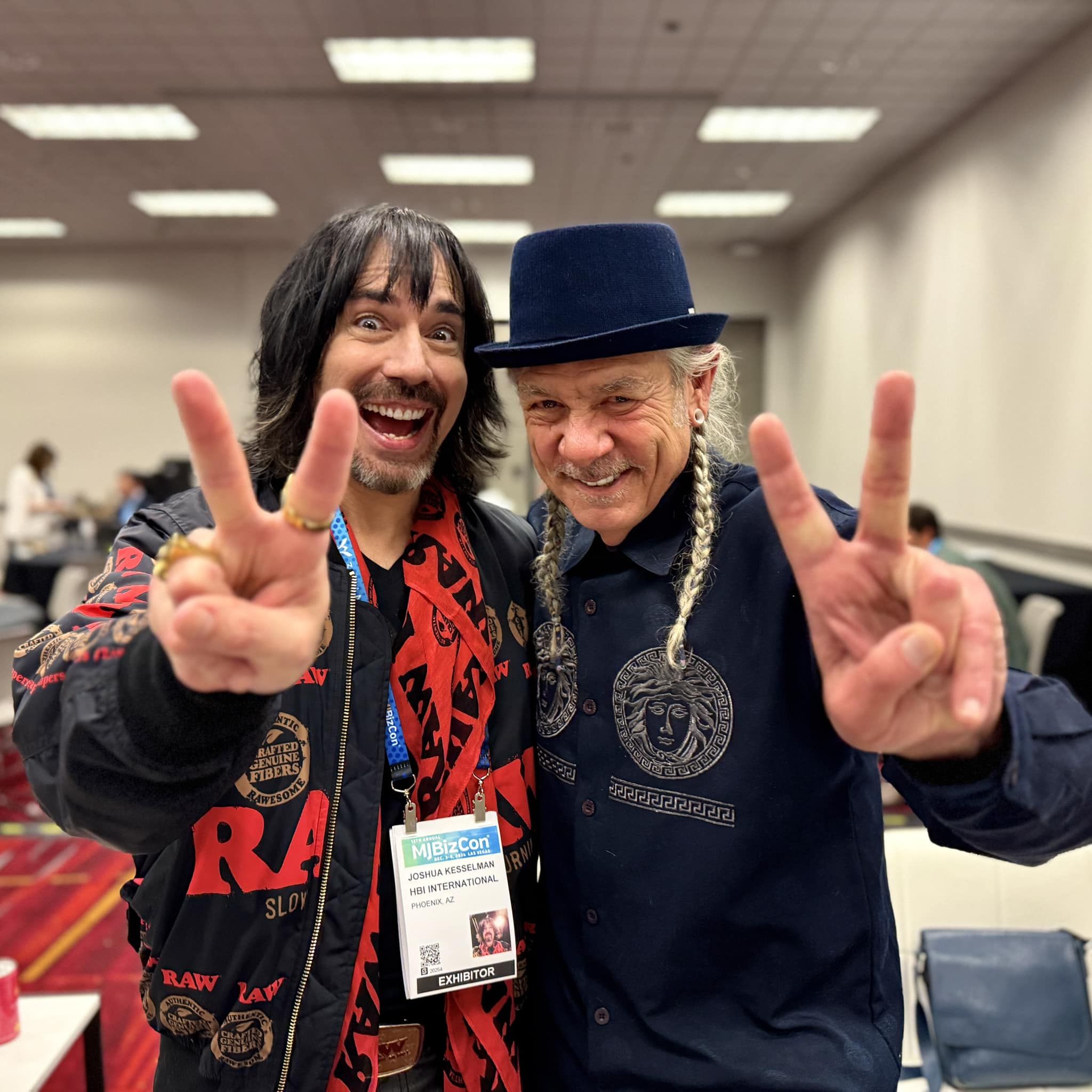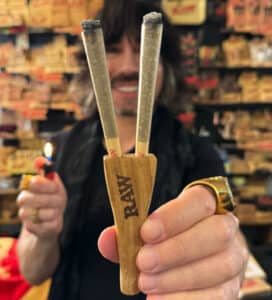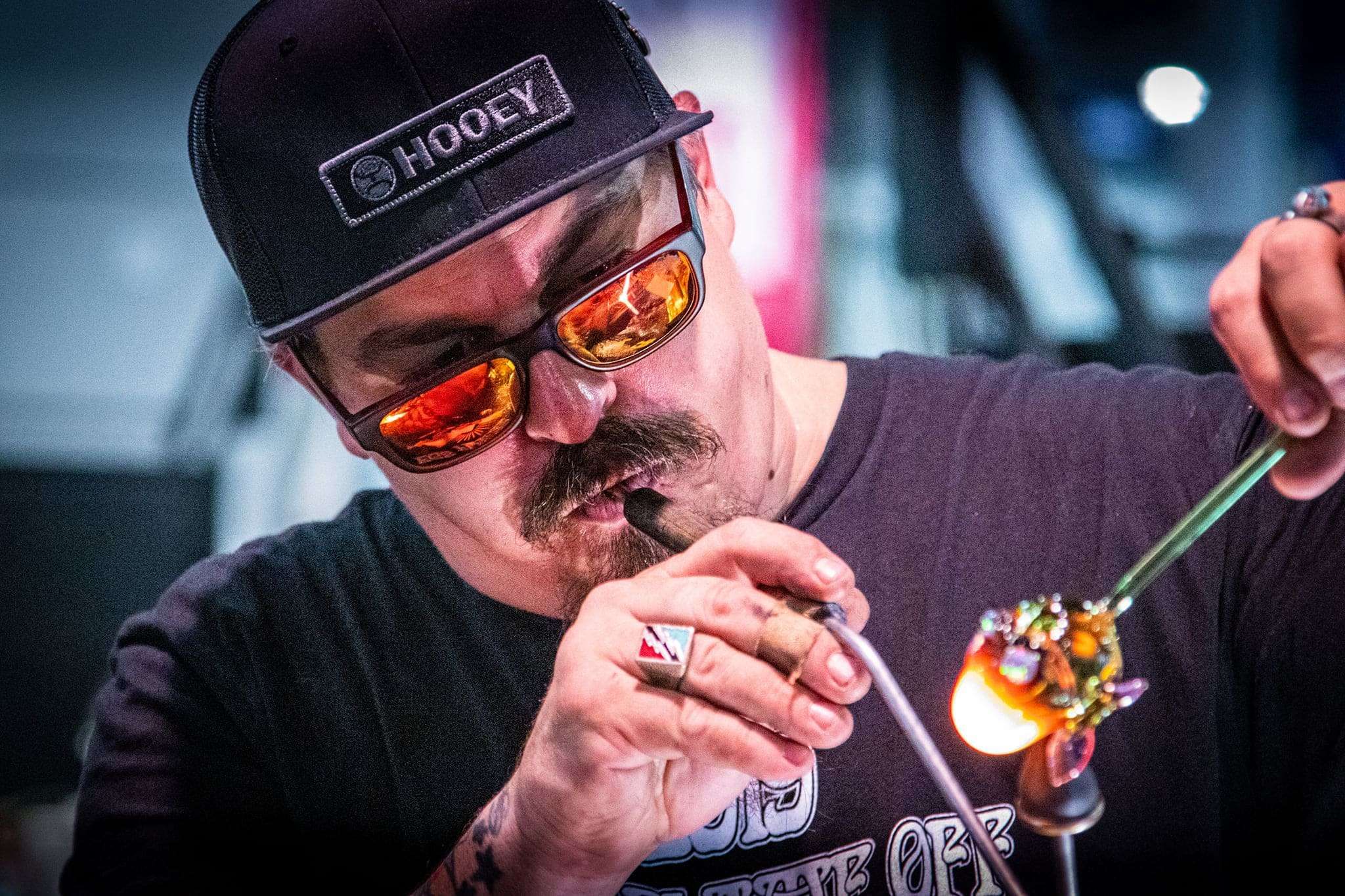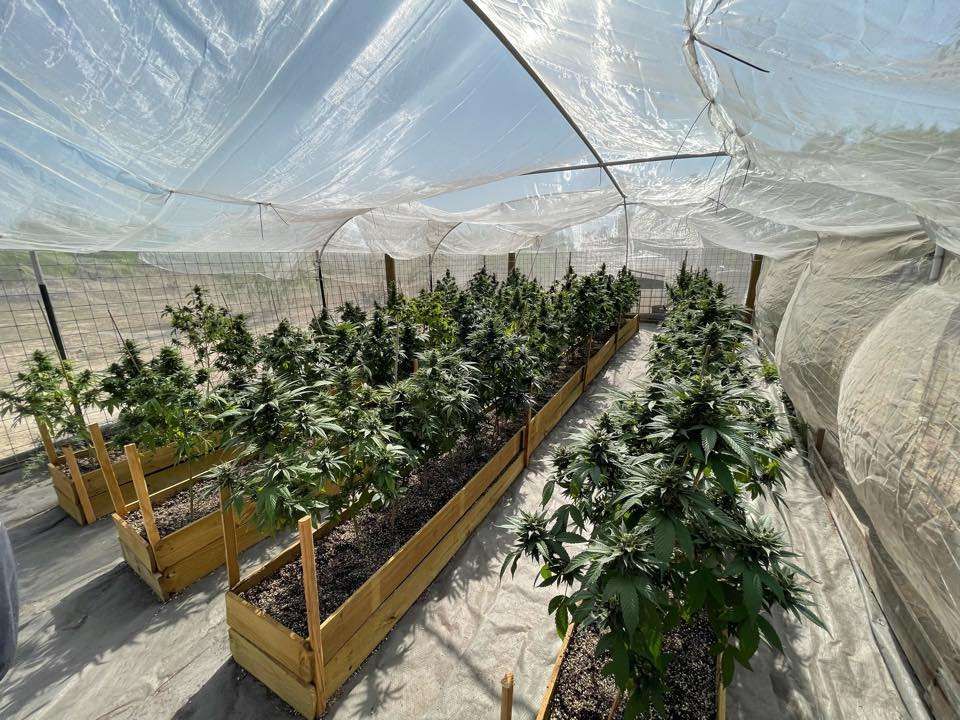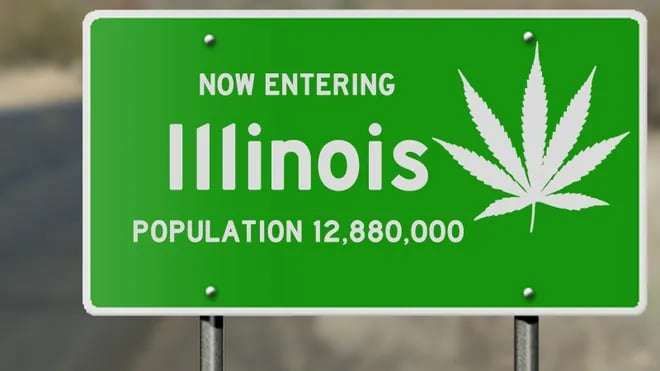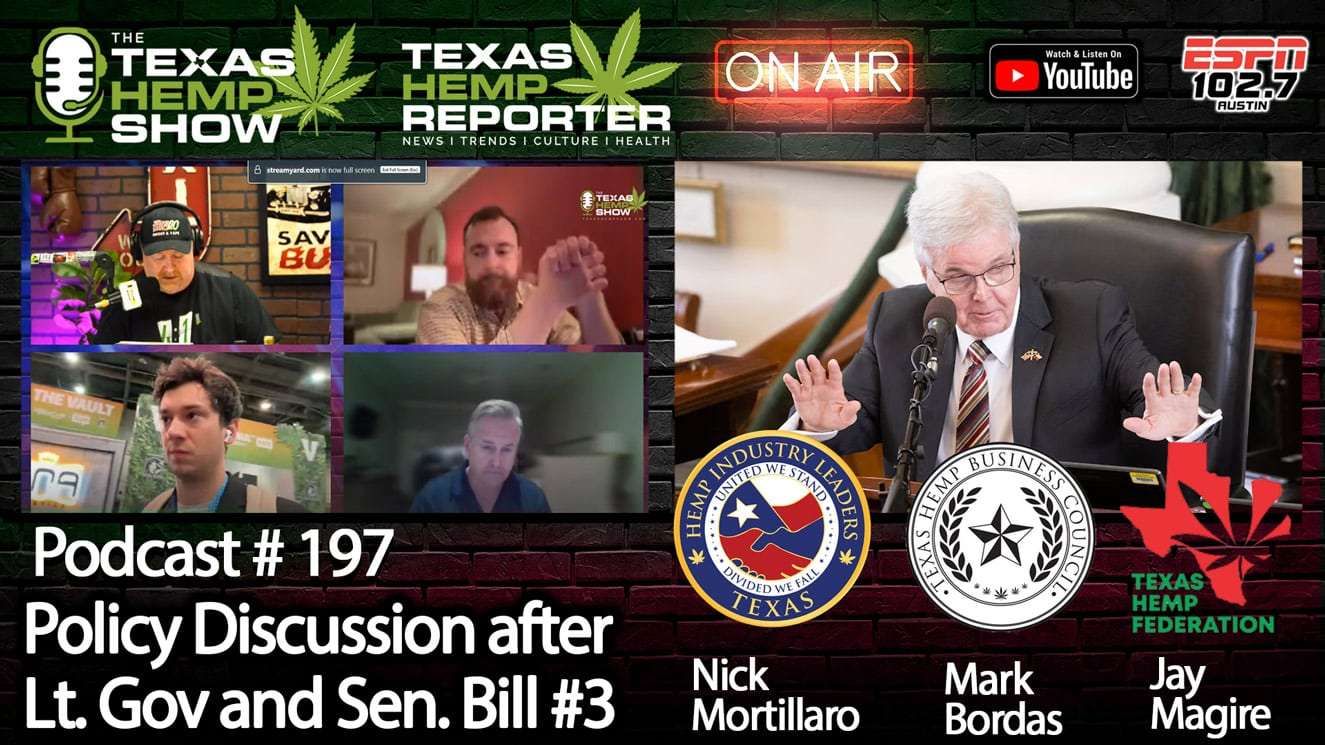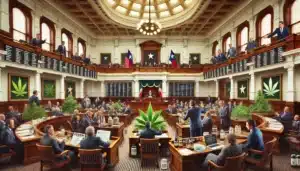SB3 to be heard in Texas House State Affairs Committee
Written by Jesse Williams on . Posted in Legislative. No Comments on SB3 to be heard in Texas House State Affairs Committee
Monday morning at 8am the Texas House State Affairs Committee will begin, and will include SB3 on their agenda for the day along with HB 28.

This does not mean that the committee will hear the bill the first thing in the morning. It is possible that other bills may be added and heard first with minimal testimony, just to get them out of the way.
At the time of writing though only the two hemp bills sit on the agenda for the committee that day. It could be expected that many people show up and something similar to what Texans saw in the Senate committee hearing could take place with it being an all day hearing of testimony.
THIS IS THE LAST CHANCE FOR TEXANS TO VOICE ON THE RECORD WHAT THEIR CONCERNS ARE WITH SB3
If you are a shop owner and your livelihood is on the line because of this bill, this hearing should be priority for you. This is the last time and only time in the House that your testimony can go on the official record and everyone gets a chance to testify.
The hearing will take place in the Reagan building in room JHR20. That’s on the 2nd floor of the Reagan Building which can be located on the map above circled in red. You must register at the capitol the day of the hearing to testify. Testimony will be limited to 2 min and the House hearing are usually strict on the 2 min time limit unlike the Senate which gives some leniency.
To submit written testimony to the Texas House, prepare a concise document (ideally under 3-5 minutes worth of reading try to stay within 1 to 2 pages max) and submit it to the committee clerk, along with 20 copies for the committee members, before or during the hearing.
TIPS ON CRAFTING and GIVING TESTIMONY
Stories that are common are not bad, but get repetitive and implicitly unwanted as they become memorable in a more negative light than positive. Give your original perspective, listen to other testify and mold your own verbal testimony to what others have noted as to not overlap so much. It is not advised that one speak on medical topics as though they are medical experts unless they are a medical expert, the Senate is using this against the industry in that it proposed they should be in the medical program (despite its gross limitations).
To go over this again, this is meaning don’t talk like a medical expert or the medical relief it gives you or your clients. Therapeutics is one thing, but discussing THCa like its the fuel for healing everything is not a good move.
If you have any questions, feel free to message us through our contact page, social media accounts Facebook and Instagram, or even on LinkedIn. We want to be organized and professional.
And last but not least, dress business casual or business professional. A good rule of thumb is dress LIKE YOU ARE GOING TO COURT AND GOING TO BE IN FRONT A JUDGE. The Capitol is an official court house and the attire of such meetings is expected to be approximate as such. Dressing as though you are going to a grunge concert in the middle of Iowa give an impression of a lack of concern or care for your attendance and the gravity of the matter at hand.

Just relax and be calm
It is an emotional hell ride at times and the mileage of what you feel may vary. That’s okay. Anger and Sadness are not uncommon, but it is not justification to go into a physical tantrum. It can get you removed from the building and it doesn’t look good. And do not use foul language, it isn’t classy to sound like a salty sailor pulling into Baltimore.
Texas, lets go defend our market and get the right moves made to make our market even better with proper regulations.
Story originally appeared on our with colleagues website at Texas Cannabis Collective:


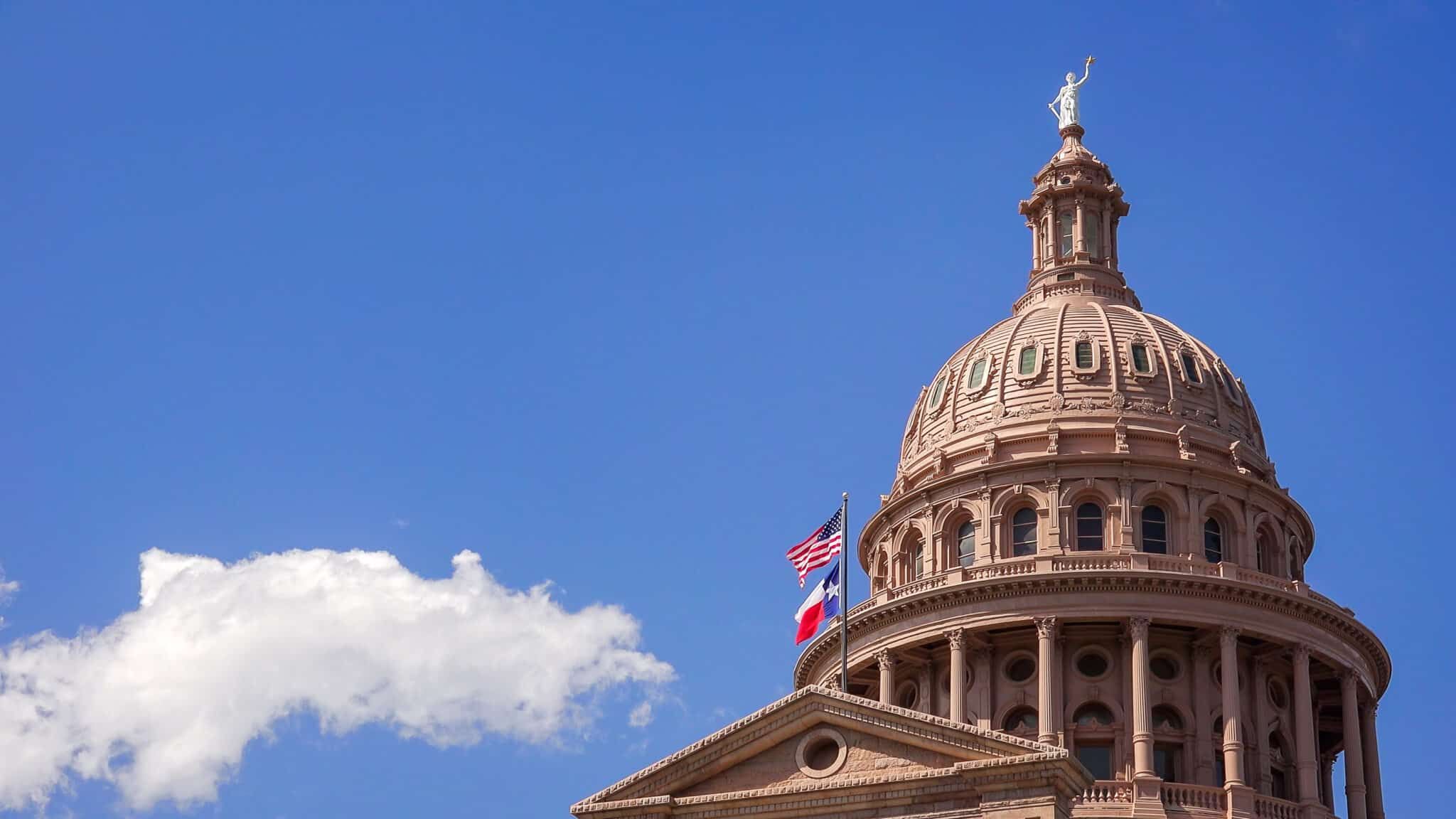
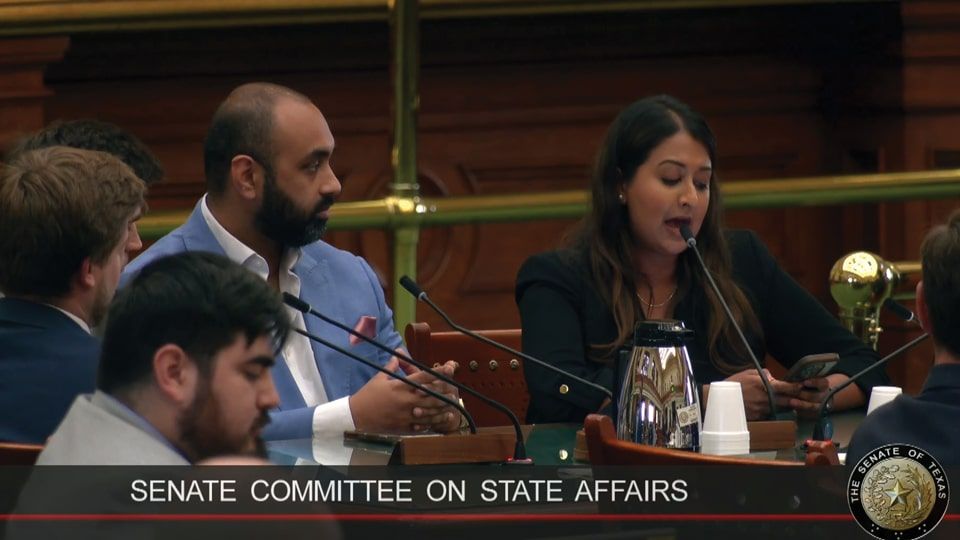
 To read the full press release or to join the movement, visit
To read the full press release or to join the movement, visit 
 512-954-8054
512-954-8054


